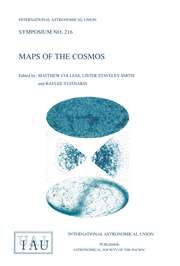No CrossRef data available.
Article contents
Effect of Perturbed Potentials on the Stability of Libration Points in the Restricted Problem
Published online by Cambridge University Press: 14 August 2015
Abstract
The location and the stability of the libration points in the restricted problem have been studied when there are perturbations in the potentials between the bodies. It is seen that if the perturbing functions involving the parameters α,α1,α2 satisfy certain conditions, there are five libration points, two triangular and three collinear. It is further observed that the collinear points are unstable and for the triangular points, the range of stability increases or decreases depending upon whether the perturbation point (α,α1,α2) lies on one or the other side of the plane Aα + Bα1 + Cα2 = 0, and it remains the same if the point lies on the plane, where A,B,C depend on the perturbations. The theory is verified in the following four cases: (1) there are no perturbations in the potentials (classical problem), (2) only the bigger primary is an oblate spheroid, (3) both the primaries are oblate spheroids, and (4) the primaries are spherical in shape and the bigger is a source of radiation.
- Type
- Part I: Stability, N- and 3-Body Problems, Variable Mass
- Information
- Copyright
- Copyright © Reidel 1979


